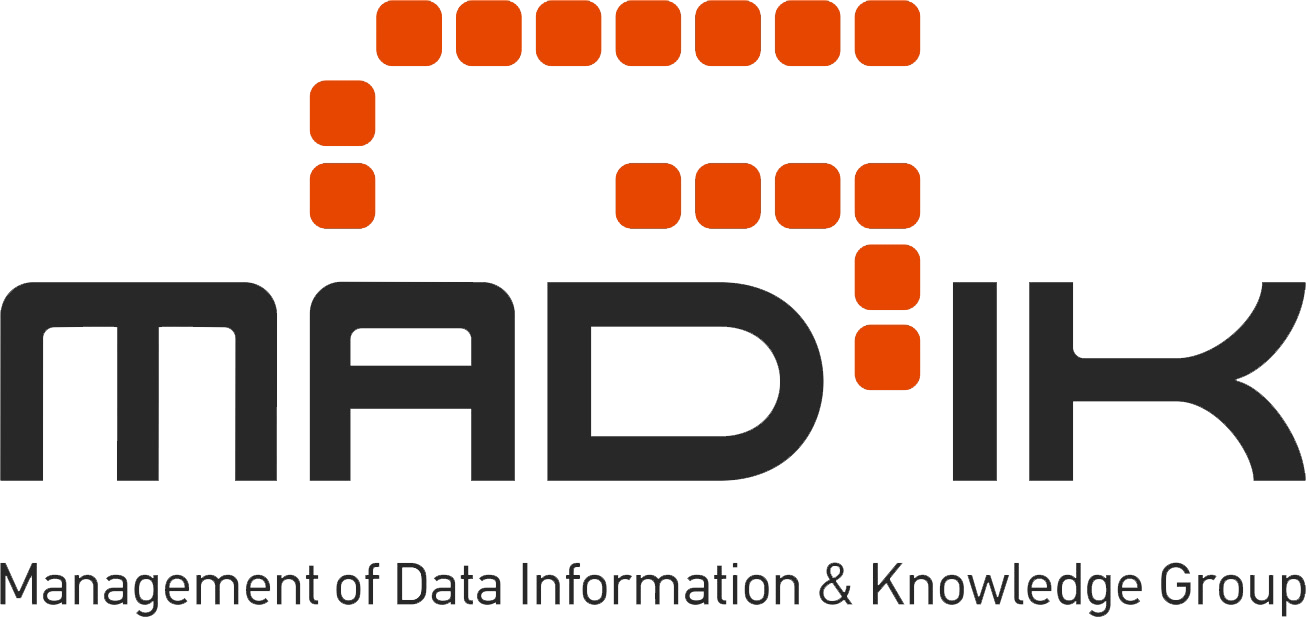Schema Equivalence in Heterogeneous Systems: Bridging Theory and Practice
Current theoretical work offers measures of schema equivalence based on the information capacity of schemas. This work is based on the existence of abstract functions satisfying various restrictions between the sets of all instances of two schemas. In considering schemas that arise in practice, however, it is not clear how to reason about the existence of such abstract functions. Further, these notions of equivalence tend to be too liberal in that schemas are often considered equivalent when a practitioner would consider them to be different. As a result, practical integration methodologies have not utilized this theoretical foundation and most of them have relied on ad-hoc approaches. We present results that seek to bridge this gap. First, we consider the problem of deciding information capacity equivalence and dominance of schemas that occur in practice, i.e., those that can express inheritance and simple integrity constraints. We show that this problem is undecidable. This undecidability suggests that in addition to the overly liberal nature of information capacity equivalence, we should look for alternative, more restrictive notions of equivalence that can be effectively tested. To this end, we develop several tests that each serve as sufficient conditions for information capacity equivalence or dominance. Each test is characterized by a set of schema transformations in the following sense: a test declares that Schema $1 is dominated by Schema $2 if and only if there is a sequence of transformations that converts $1 to $2. Thus, each test can be understood essentially by understanding the individual transformations used to characterize it. Each of the transformations we consider is a local, structural schema change with a clear underlying intuition. These tests permit reasoning about the equivalence and dominance of quite complex schemas. Because our work is based on structural transformations, the same characterizations that underly our tests can be used to guide designers in modifying a schema to meet their equivalence or dominance goals.




